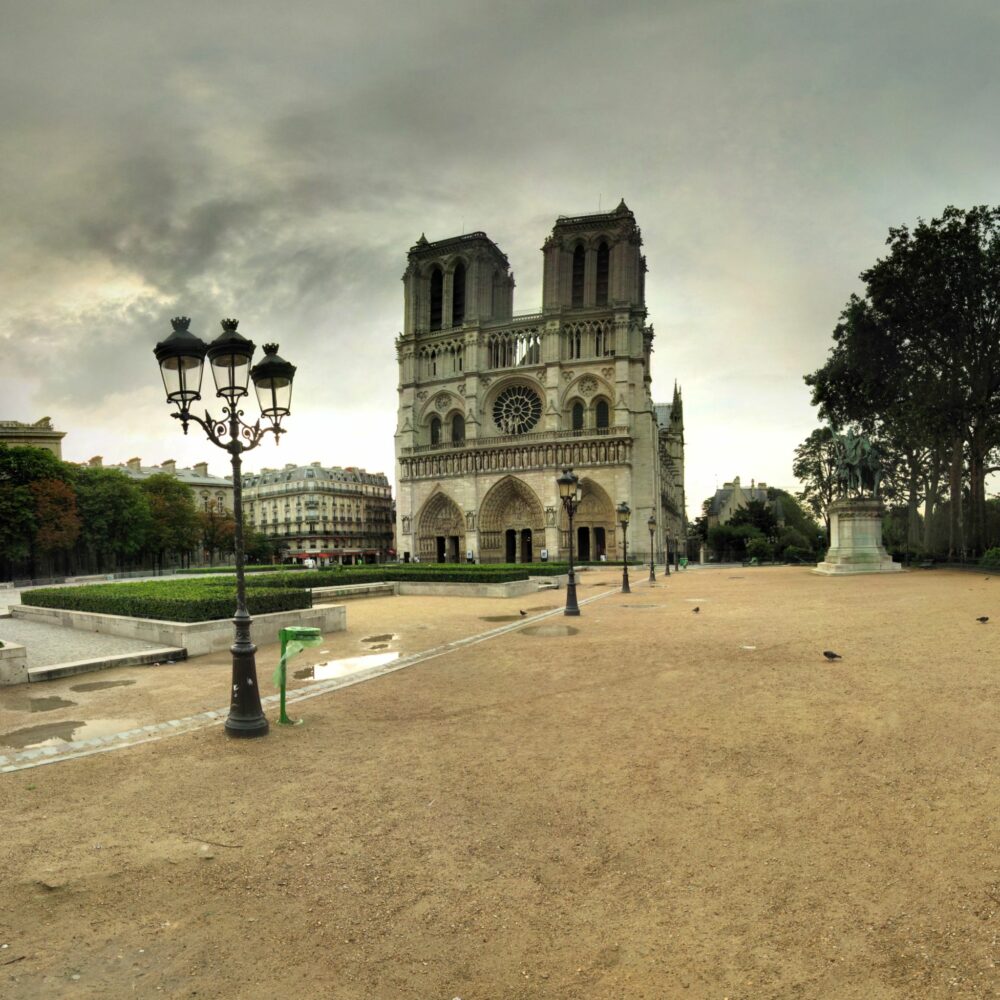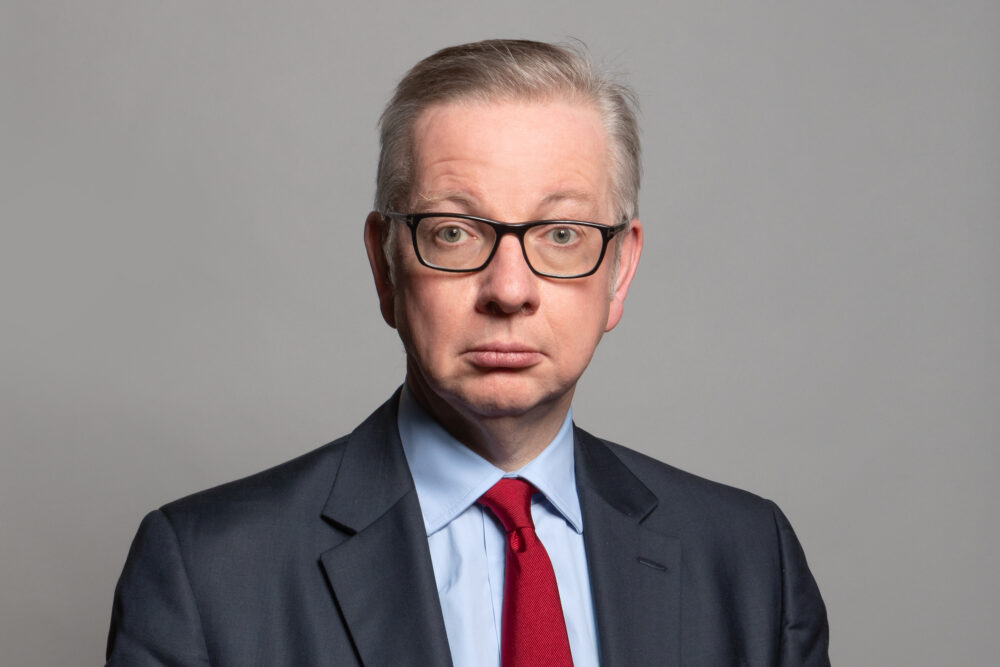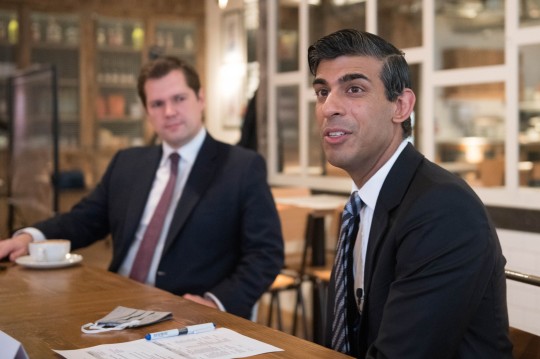AI is not a single entity

There’s a typically brilliant piece by Liam Shaw on the LRB blog right now about the recent use of an AI tool to assist in the discovery of an antibiotic: abaucin.
There is much important detail in Shaw’s blog which was missing from most of the media coverage on this topic. Most crucially from a health perspective, this antibiotic is likely to be useful only in topical applications (onto the skin) whereas the majority of harm from the single species the antibiotic treats—Acinetobacter baumannii—is from sepsis. It is a significant discovery, but mostly in the sense of being a staging post on the long road of development, rather than as an end in itself.
Shaw is also specific about the techniques used, and their limitations:
As well as powerful neural networks, the machine learning model depends on the existence of carefully collected data from thousands of experiments. It’s still a vast screening project, just not as vast as it would be without the AI component: it uses the data to find the best ‘ready to use’ molecule from the available options.
The discovery of abaucin shows that AI is helpful for the early stage of winnowing down the vast space of chemical possibility, but there’s still a lot to do from that point onwards.
This is useful because it feels like we are in a moment where ‘AI’ is used to refer to myriad things, and using the term on its own is not very helpful. It feels akin to the early 2000s, when a whole group of technologies and applications were referred to as ‘the Internet’ (always capitalised) as though they were a single entity.
It’s notable that the abaucin study didn’t refer even once to ‘artificial intelligence,’1 but used the somewhat more specific term ‘deep learning.’
When so many technologies, from large language models to recommendation engines to deep learning algorithms to theoretical artificial general intelligence systems are all condensed into two letters—AI—it doesn’t aid understanding. I’ve spoken to people this week who have interpreted the headlines around this to mean that something akin to ChatGPT has synthesised a new antibiotic on request—an understandable misunderstanding.
When scientists are warning about AI threatening the future of humanity, they aren’t talking about chatbots—yet you’d be hard-pressed to discern that from breathless headlines that refer to anything and everything as simply ‘AI’. In just a handful of days, even the well-respected BBC News website has published articles with headlines referencing ‘AI’ about drone aircraft, machine learning, delivery robots and image generation: all entirely different applications of a very broad class of technology.
If we’re to have sensible conversations about the ethics and regulation of AI technologies, I think there’s much to be done to try to help the public understand what exactly is being discussed. That ought to be the job of the news. Currently, it feels like we’re stuck in a cycle of labelling things as ‘AI’ as a strategy to garner attention, leading to conflated ideas and complete misunderstanding.
The image at the top of this post was generated by Midjourney, whose idea of the appearance of a human brain seems sketchier that I might have imagined.
- Though, in fairness, the press release did. ↩
This post was filed under: Media, News and Comment, Post-a-day 2023, Artificial intelligence, Liam Shaw, The LRB.







